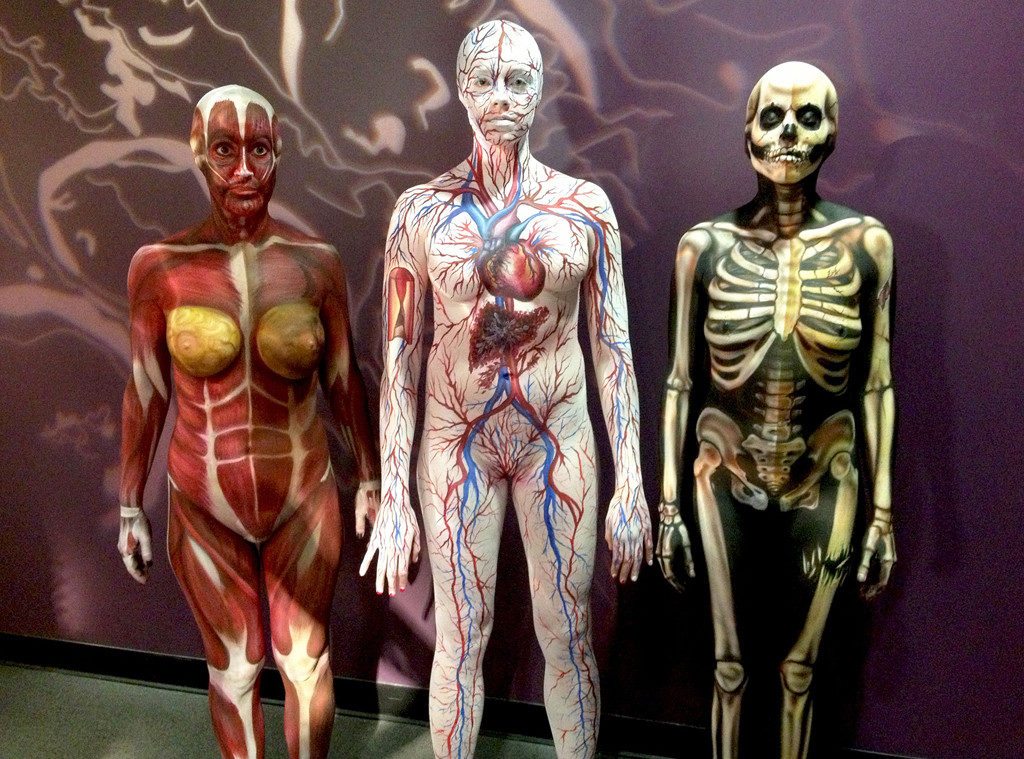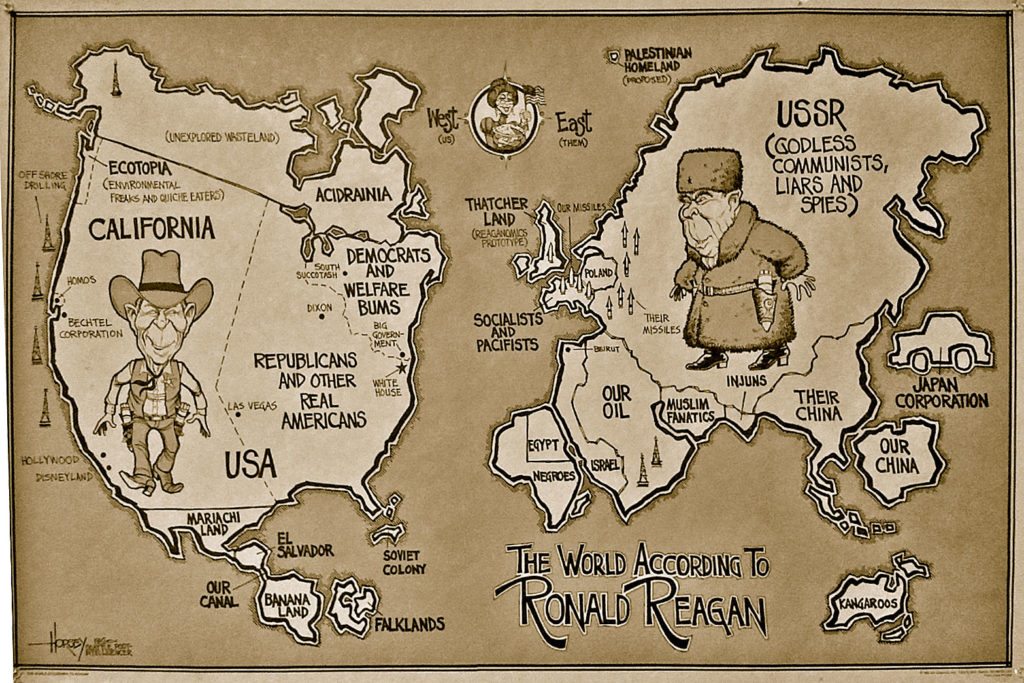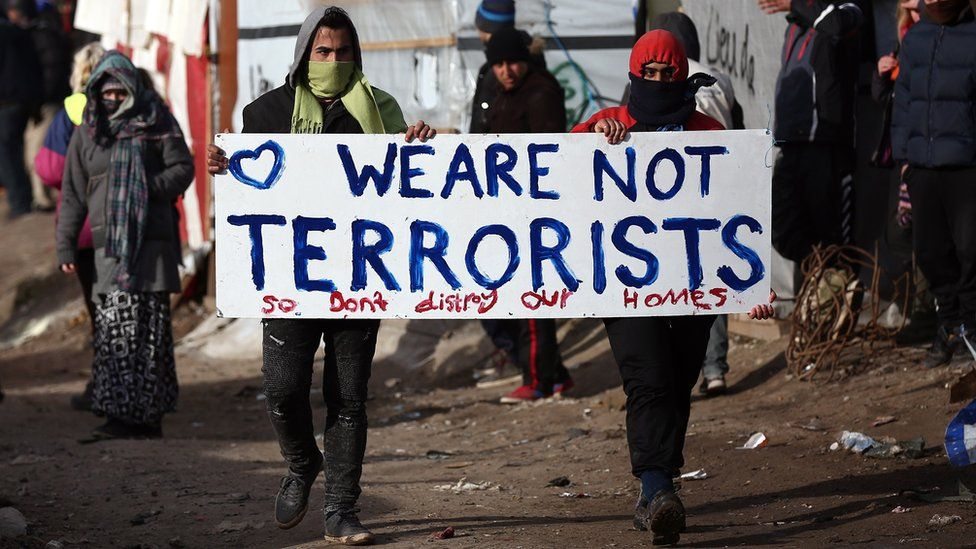
Back to London after almost a week in Vegas. Amazed I’m still writing. In fact, amazed to be alive as Vegas is one helluva weird old town.
As I’m leaving, I’m struck by an observation that has occurred to me before, but hit me big time this week. Europe is boring. America is dull. The action is in China, India, Tanzania, Brazil and other countries that I grew up calling emerging economies. No. Being brutally honest, we called many countries that are intriguing today the Third World. What we really meant was poor.
When I was growing up, most of the news focused upon the home nations. When we heard about overseas countries, it was either America the Great and Russia and China and other communist countries the Bad. We were in a Cold War, and Britain aligned itself with the US in a special relationship. We still think it’s special although America doesn’t give much of a toss anymore.
Anyways, this meant that we assumed all the people in China goose-stepped to the governments tune, India was full of poor uneducated people and Africans were always starving. Sorry, but that’s how the BBC portrayed the world and it was the world according to Reaganomics.
Today, I feel I’m treading a very fine line even posting this picture or talking this way. Back then, we all talked this way. Forget political correctness. Jimmy Savile was raping children in his dressing room and most of us were pretty derogatory about anyone who was different by race, creed or ability.
Thank god the world has changed.
I sometimes reflect how it’s wonderful today that a person with challenges can be accepted and welcomed by most; how the Paralympics celebrates difference, and acts as a platform for achievement; how a person of a specific ethnicity and background can be embraced … as long as they’re not a migrant. Expats welcome but migrants go home.
Sorry, off on a tangent.
Forget the politics and forget the emotion. The one thing that is clear is that the countries I grew up believing were poor are rich today. They are rich in innovation; rich in thinking; rich in ideas; and rich in humanity.
China has Alibaba, AliPay, Ant Financial and more. It is a kaleidoscope of financial innovation. India has the world’s leading digital identity scheme, and most of the world’s financial technology is developed, supported, managed or influenced by their technology prowess. Brazil, Mexico, Peru and other countries are showing us amazing new ideas about how to use mobile technologies, along with Indonesia, the Philippines and Africa. In fact, Sub-Saharan Africa is coming up with the most amazing ideas for financial inclusion using mobile wallets and has more people using phones for finance than banks.
The world is incredible, and developing so fast. So, so fast.
Then I come back home to the UK and bang on about legacy systems and digital cores. I visit the USA and get asked why no new US bank has been launched. I look around Europe and see the tensions and frictions of what is meant to be a Union that can be destroyed by a few rebellious Walloons.
What seems to have happened is that we talked half a century ago about the First, Second and Third Worlds, but the developed economies have become the heritage economies. Dragged down by history, they are inward looking and struggle to innovate and keep up with today’s technologies. Meanwhile, the countries that had no technology in the 1970s are the ones that are now leap frogging us all.
Just a thought …
Chris M Skinner
Chris Skinner is best known as an independent commentator on the financial markets through his blog, TheFinanser.com, as author of the bestselling book Digital Bank, and Chair of the European networking forum the Financial Services Club. He has been voted one of the most influential people in banking by The Financial Brand (as well as one of the best blogs), a FinTech Titan (Next Bank), one of the Fintech Leaders you need to follow (City AM, Deluxe and Jax Finance), as well as one of the Top 40 most influential people in financial technology by the Wall Street Journal's Financial News. To learn more click here...




